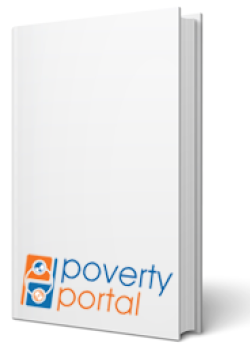An Economic Analysis of Household Waste Management
Author : Choe, C., & Fraser, L.
Publisher: Academic Press
Place of Publish: U.S.A.
Year: 1999
Page Numbers: 13
Series: Vol 38
Acc. No: 161-S
Category: Soft Documents
Type of Resource: Pdf
Languages: English
This paper provides a comprehensive model of household waste management policy incorporating the possibility of waste reduction effort by the firm and the household and of illegal waste disposal by the household. When household waste reduction effort is insignificant, the first-best optimum can be achieved using various combinations of environmental tax on the firm and waste collection charge on the household. However, when household waste reduction effort is significant, the first-best optimum is not achievable and explicit monitoring of illegal waste disposal is needed, rendering a simple Pigouvian tax sub-optimal. This paper solves for the second-best optimal policy and provides some comparative statics of the optimal policy.

